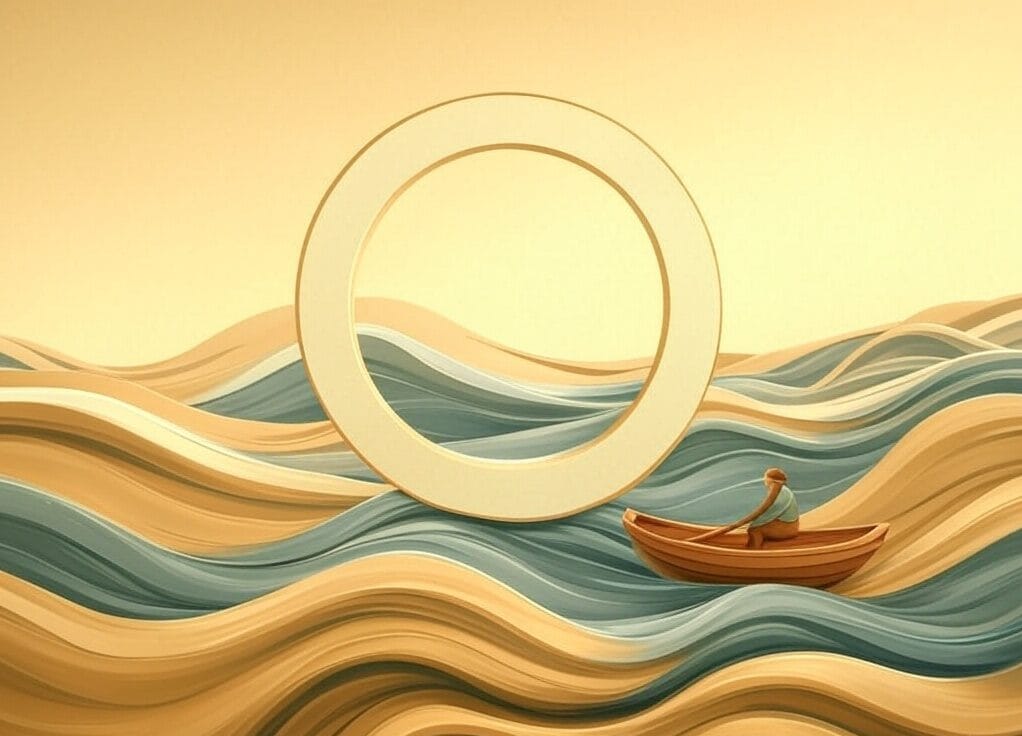
On the rocky shores of Okinawa, a Japanese island where the ocean meets moss-covered cliffs, 102-year-old Hiroshi Nakamura rises before dawn. He doesn’t set an alarm. He hasn’t owned a smartphone in his life. Instead, he wakes to the rhythm of tides and the faint clatter of his wooden boat against the dock. For eight decades, he’s mended nets, braved storms, and hauled in catches. His hands are gnarled, his back bent, yet his eyes gleam with a quiet intensity. “Every morning, I thank the sea,” he said. “She gives me a reason to stand up.”
Hiroshi’s secret isn’t a diet or an exercise routine. It’s ikigai—a concept as elusive as a fish darting through coral. Loosely translated as “reason for being,” ikigai isn’t about passion or profit. It’s the intersection of four elements: what you love, what you’re good at, what the world needs, and what you can be paid for. But in Okinawa, it’s simpler: it’s the humble act of showing up.
The island, dubbed “the land of immortals,” boasts the world’s highest concentration of centenarians. Scientists have scrutinized their diets (heavy on bitter melon and tofu), their routines (gardening well into their 90s), and even their genes. But the real answer lies in how they answer a single question: Why do you wake up in the morning? For Hiroshi, it’s the sea. For 97-year-old Haruko, it’s teaching the ancient art of Ryukyu dance to toddlers who stumble over their sandals. For 104-year-old Kenji, it’s whittling wooden spoons for his great-grandchildren. “No one retires here,” said Dr. Makoto Suzuki, who’s studied Okinawan longevity for 40 years. “They simply keep doing what they’ve always done, but slower.”
This contrasts sharply with the modern West, where “purpose” has become a luxury product. Silicon Valley sells it as a 12-week course. Influencers peddle it in TED Talks titled “Find Your Passion!” A 2023 Gallup poll found 70% of Americans feel disengaged at work, chasing promotions they don’t want to fund lifestyles they don’t enjoy. The problem, argues anthropologist Jane Dutton, is that we’ve conflated purpose with grandeur. “We think it has to be world-changing,” she said. “But in Okinawa, it’s world-sustaining.”
Take the case of Maria, a 35-year-old marketing executive in Miami. She climbed the corporate ladder, bought a Tesla, and posted #LivingMyBestLife selfies from Bali. Then, burnout hit. “I kept asking, Is this all there is?” she said. On a whim, she volunteered at a community garden. Now, she spends weekends teaching kids to compost. “It’s not glamorous,” she admitted. “But pulling weeds with a six-year-old who’s never seen a carrot grow? That feels real.”
The science behind ikigai is surprisingly robust. A 2021 study in The Lancet found that people with a clear sense of purpose have a 23% lower risk of early death. Another study linked it to reduced inflammation and stronger neural connectivity. But Okinawans don’t need journals to tell them this. Their language has no word for “retirement.” Their villages have no nursing homes. Grandparents live with grandchildren, tending gardens and passing down stories. “Loneliness is a foreign concept here,” said Dr. Suzuki. “You’re always needed.”
In the 1980s, Japan’s economy boomed, and younger Okinawans flocked to Tokyo, seduced by neon lights and salaryman culture. But many returned. “Tokyo was all rush, no rhythm,” said Kiko, 58, who came back to open a seaside café. “Here, I wake up to bake bread for neighbors. It’s small, but it matters.”
The lesson isn’t that we should all fish or farm. It’s that meaning thrives in the mundane—the daily rituals that anchor us. When researchers asked 1,000 Okinawan centenarians to draw their ikigai, few sketched trophies or titles. They drew vegetable patches, tea ceremonies, a child’s laugh.
In a world obsessed with hustle, ikigai asks a radical question: What if you’re already enough? Not after the next promotion, the next vacation, the next milestone. Now. Hiroshi doesn’t fret about productivity. He mends nets. He feeds his village. He greets the dawn. And in that simplicity, he’s found the rarest of treasures: a life that needs no justification.
What if purpose isn’t something you find, but something you remember?

